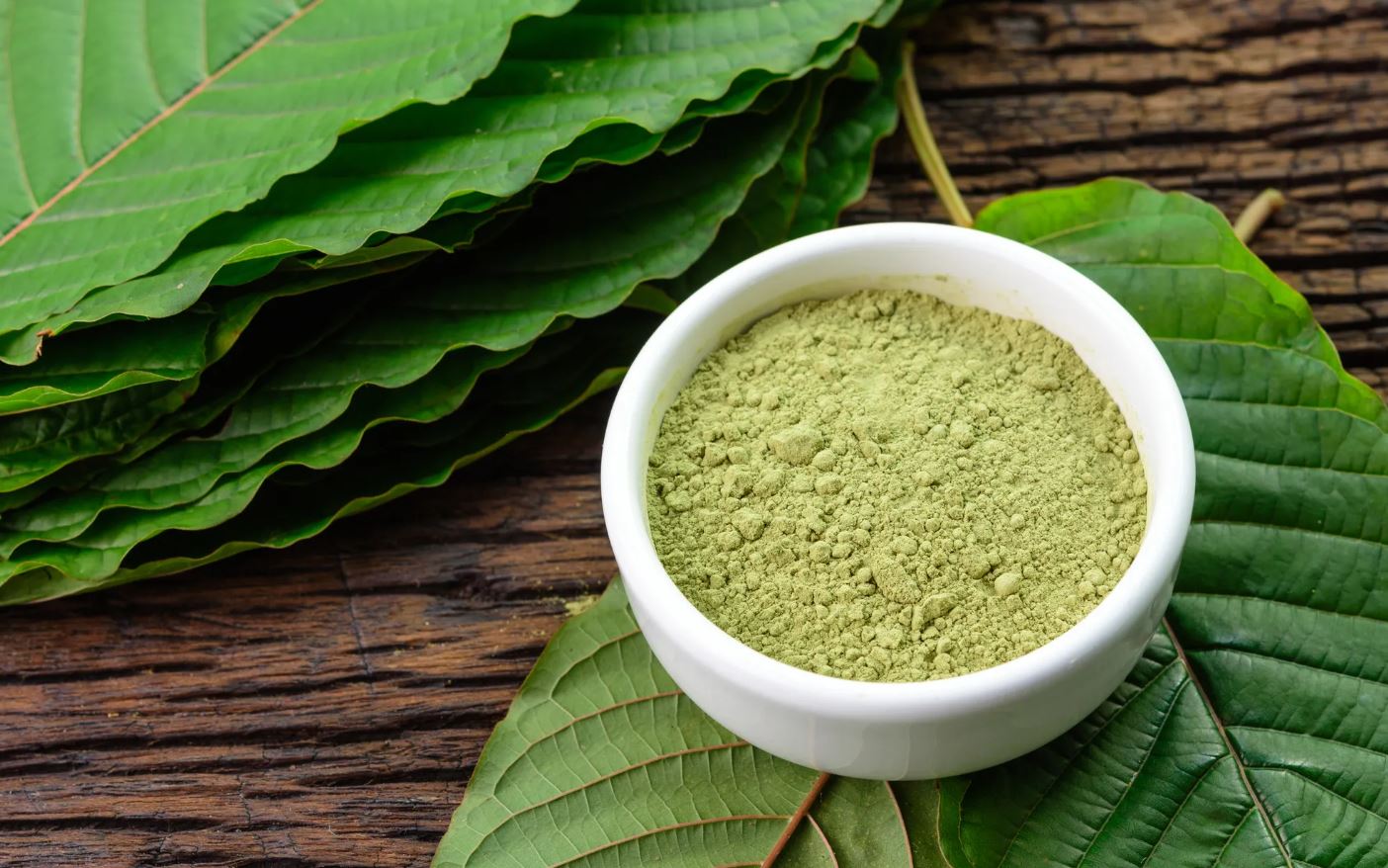
So, if you’re using it for pain relief, to manage stress, or for other reasons, it’s essential to know how it might affect you, especially in situations where you may be asked to appear for a drug test.
Therefore, in this guide, we’ll break down what kratom is, how drug tests work, and whether kratom could appear on a standard drug test.
We’ll also cover related topics such as legal issues, types of drug tests, and what you should consider if you’re a kratom user.
How Do Drug Tests Work?
To understand if kratom can show up on a drug test, it’s essential to know how these tests work. Drug tests typically screen for specific substances in your body, such as illegal drugs, prescription medications, and other banned substances.
They detect these substances through urine, blood, saliva, hair, or sweat.
The most common drug tests are urine tests, which are easy to administer and affordable.
Other types of tests, like blood and hair tests, are used less frequently but can provide a more extended history of substance use.
Additionally, if you’re considering trying kratom, like the gentle green Thai kratom from Happy Go Leafy, it’s good to be informed about its effects and how it might interact with these tests.
This can help ensure you make the best choices for your health and well-being.
Standard drug tests usually look for substances like:
- Marijuana
- Cocaine
- Amphetamines
- Opiates
- Benzodiazepines
- Barbiturates
Since kratom isn’t classified as an illegal drug in many places, most standard tests don’t screen for it. However, that doesn’t necessarily mean you’re in the clear, especially if you’re taking kratom regularly.
Does Kratom Show Up On Standard Drug Tests?
Kratom does not show up on most standard drug tests.
These tests typically focus on substances like opiates and stimulants, and kratom’s active compounds—mitragynine and 7-hydroxymitragynine—aren’t usually included.
However, there are some exceptions.
While standard tests don’t screen for kratom, specialized tests can detect it. Though these specialized tests aren’t used often, if an employer or another authority is concerned explicitly about kratom use, it could be included in the test panel.
If you’re considering adding kratom to your routine, it might be helpful to know about the best kratom brands to ensure you’re using high-quality products. It’s always a good idea to be informed and cautious, as drug testing policies can vary.
Some workplaces or organizations might test for a broader range of substances, including kratom, especially if they have concerns about safety or performance issues related to its use.
How Long Does Kratom Stay In Your System?
If kratom is going to show up on a drug test, it depends on how long it stays in your system. Several factors determine how long kratom stays detectable in your body, such as:
- Dosage: The more kratom you take, the longer it can be detected.
- Frequency of use: Regular users may have it in their system for longer.
- Metabolism: People with faster metabolisms tend to clear substances from their system more quickly.
- Age: Older individuals may metabolize kratom more slowly than younger people.
- Health: Liver and kidney function can impact how long kratom stays in your system.
- Body Fat: Kratom’s alkaloids are fat-soluble, meaning they can be stored in fatty tissues, which could extend their detection time.
On average, kratom’s alkaloids can be detectable in the body for 1 to 7 days. However, this can vary based on the factors mentioned above. It could be detectable longer if you take high doses or use it daily.
Types Of Tests That Can Detect Kratom
As mentioned earlier, standard drug tests typically don’t screen for kratom. However, there are specific tests that can detect kratom’s alkaloids. These include:
Urine Tests
Specialized urine tests can detect mitragynine, the primary alkaloid in kratom.
Urine tests are the most common form of drug testing, and kratom can be detected in urine for about 6 to 9 days after the last use, depending on the person and how much they’ve used.
Blood Tests
These tests are less common but can be used to detect kratom in certain situations, mainly if there’s suspicion of recent use. Blood tests are generally more accurate for detecting recent use but are interfering and costly.
Hair Tests
Hair testing is not typically used for kratom detection, but in theory, it could be used to track long-term use, as it can show drug use history for several months. Since hair follicle drug tests are uncommon for kratom, this is rarely a concern.
Saliva Tests
Kratom’s alkaloids can be detected in saliva.
However, this type of test is relatively rare and is usually used in specific circumstances, such as roadside drug tests or for very short-term detection.
Can Kratom Cause A False Positive On A Drug Test?
One primary concern for kratom users is whether it can cause a false positive on a drug test.
A false positive occurs when a test detects a substance similar to what it’s looking for, even if you didn’t use it.
While it’s unlikely, there have been some reports of kratom causing false positives for opioids. This is because kratom’s alkaloids can produce effects similar to opioids, and some tests might mistakenly identify it as an opioid.
However, false positives are rare, and modern tests are generally accurate. You can request a confirmation test if you get a false positive.
Confirmation tests use more advanced methods, like gas chromatography-mass spectrometry (GC-MS), which can accurately differentiate between kratom and opioids.
Legal Issues And Workplace Concerns
The legal status of kratom is a bit of a gray area, and this can affect whether or not it’s tested for in the workplace.
In the United States, kratom is legal at the federal level, but some states and cities have banned it. For example, it’s banned in places like:
- Alabama
- Arkansas
- Indiana
- Vermont
- Wisconsin
In states where kratom is banned, you might be more likely to encounter tests that screen for it, particularly in workplaces with strict substance use policies.
Even if kratom is legal in your area, private employers can still choose to test for it, especially if they believe it could affect your job performance or safety.
What To Do If You’re Worried About Kratom And Drug Testing?
If you’re using kratom and are concerned about drug testing, here are a few things to keep in mind:
- Know the policy: Check your workplace’s substance use policy to see if kratom is included. Some employers may have specific guidelines about what substances they test for.
- Be upfront: If you know a test is coming, consider being upfront about your kratom use. Some employers may not have an issue with it if they understand why you use it.
- Prepare for a confirmation test: If a test returns a positive or a false positive, ask for a more accurate test like GC-MS to confirm the result.
- Check the legality: Be aware of the legal status of kratom in your area. In places where kratom is banned, you may face more scrutiny, including potential testing.
Final Thoughts: Will Kratom Show Up On A Drug Test?
Kratom is a plant with a lot of potential benefits, but its use can raise questions, especially regarding drug tests.
While it’s unlikely to appear on most standard tests, specialized tests can detect it. If you’re concerned about kratom showing up on a drug test, it’s essential to understand the testing process, your workplace policies, and the legal issues in your area.
Remember, each person’s body and situation are different, so how long kratom stays in your system may vary.
Being informed and prepared can help you avoid any surprises and clear any doubts you have about drug testing while using kratom.
Advertising and Marketing by:
This content was marketed by 747mediahouse.com on behalf of their client. For queries, reach out at info@747mediahouse.com.








